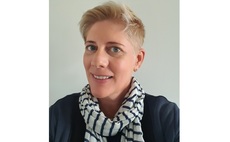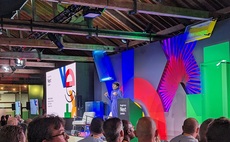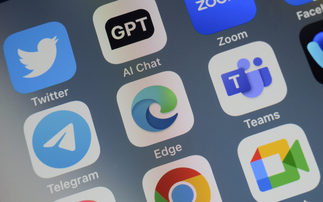The legal status of such a body would be highly questionable says ORG
A key proposal made by a working group set up by Ed Vaizey to come up with an alternative to the Digital Economy Act, has been slammed by digital rights campaigners, the Open Rights Group. The p...
To continue reading this article...
Join Computing
- Unlimited access to real-time news, analysis and opinion from the technology industry
- Receive important and breaking news in our daily newsletter
- Be the first to hear about our events and awards programmes
- Join live member only interviews with IT leaders at the ‘IT Lounge’; your chance to ask your burning tech questions and have them answered
- Access to the Computing Delta hub providing market intelligence and research
- Receive our members-only newsletter with exclusive opinion pieces from senior IT Leaders




















